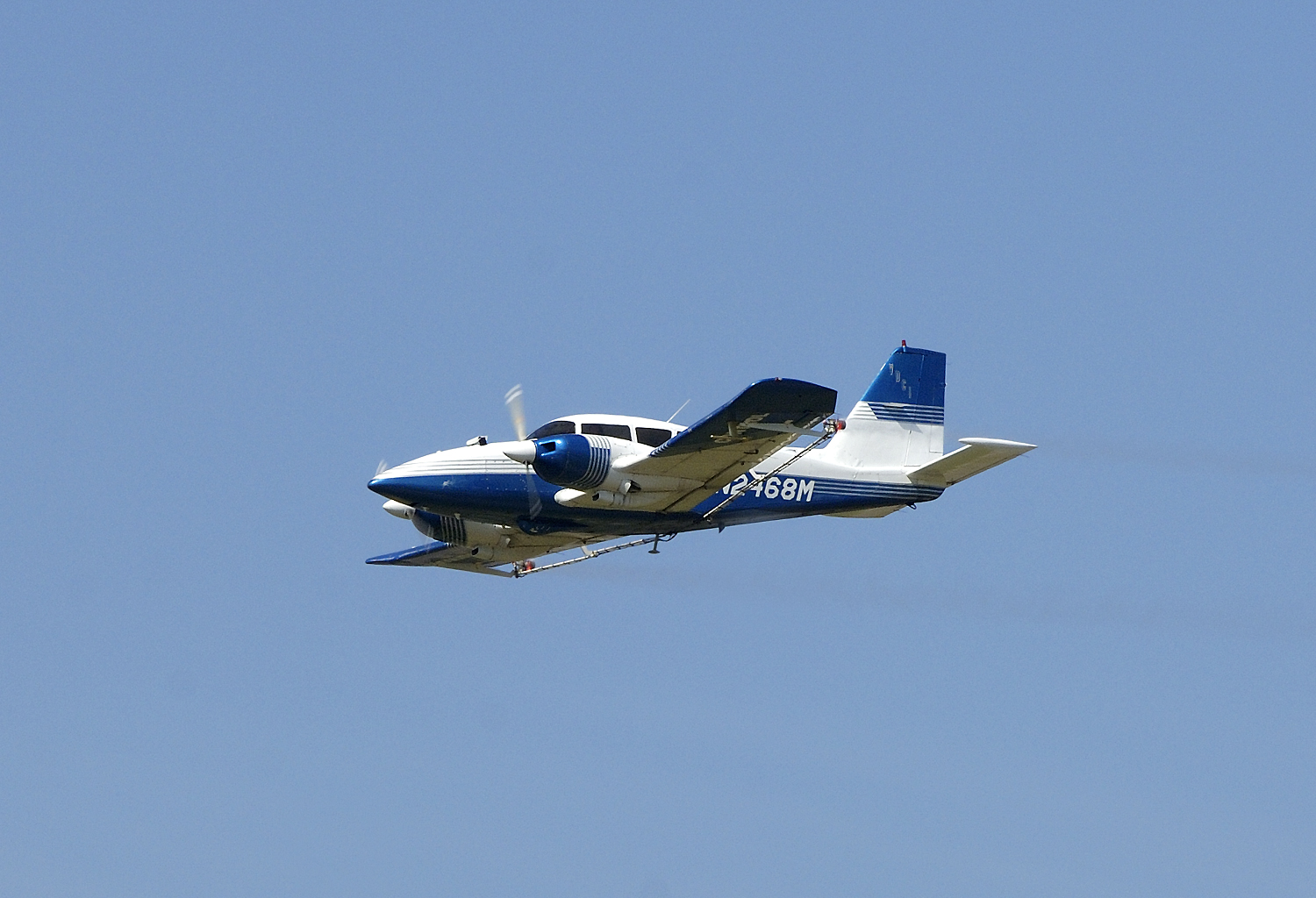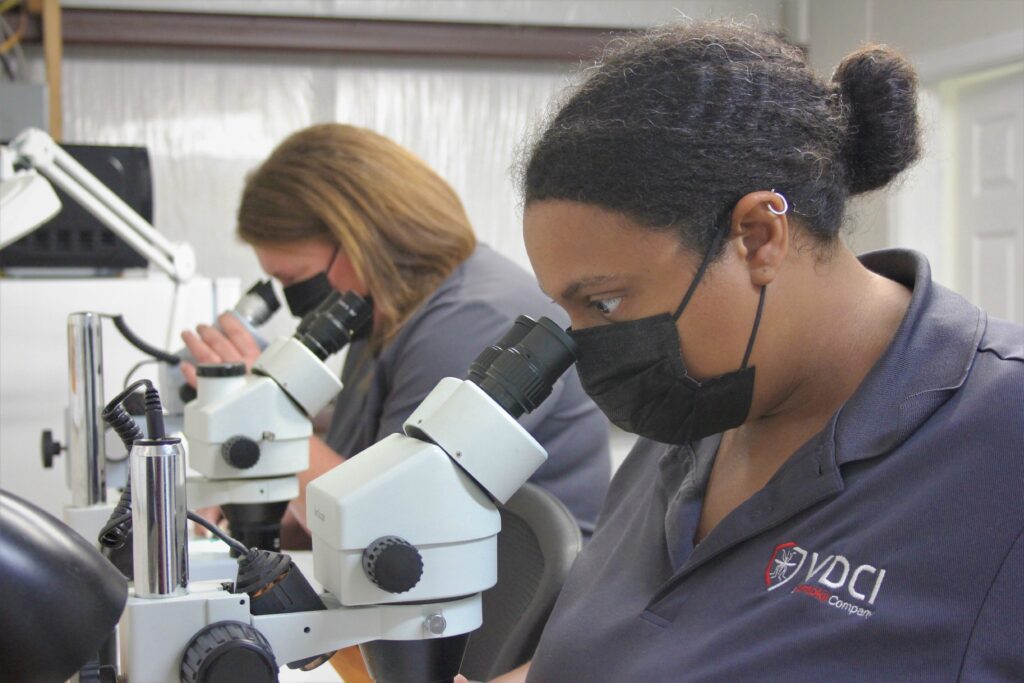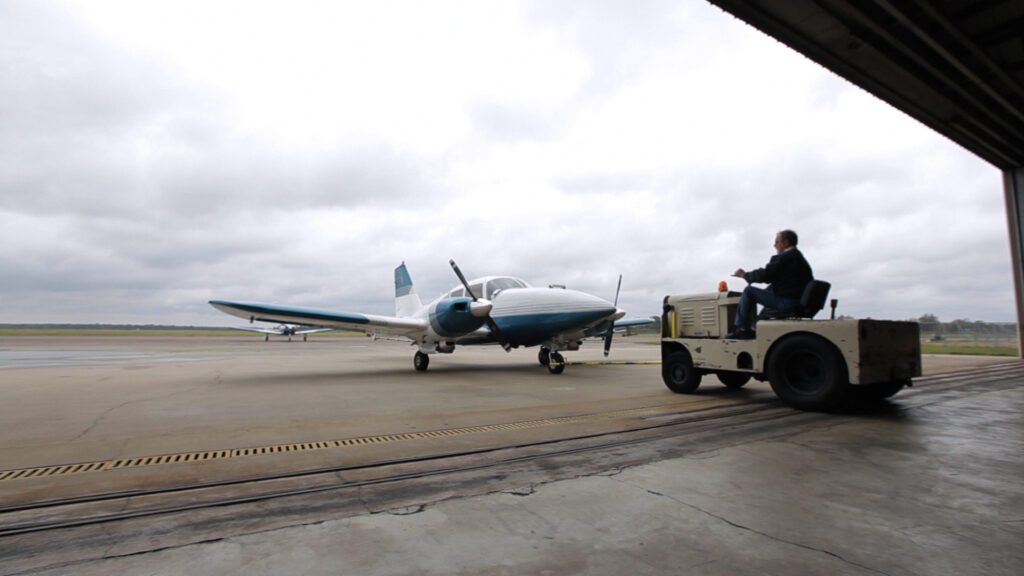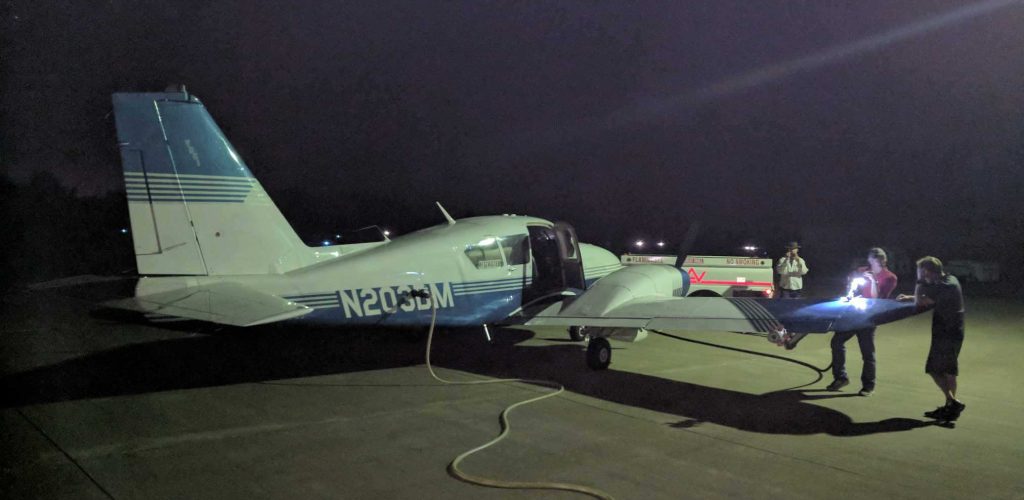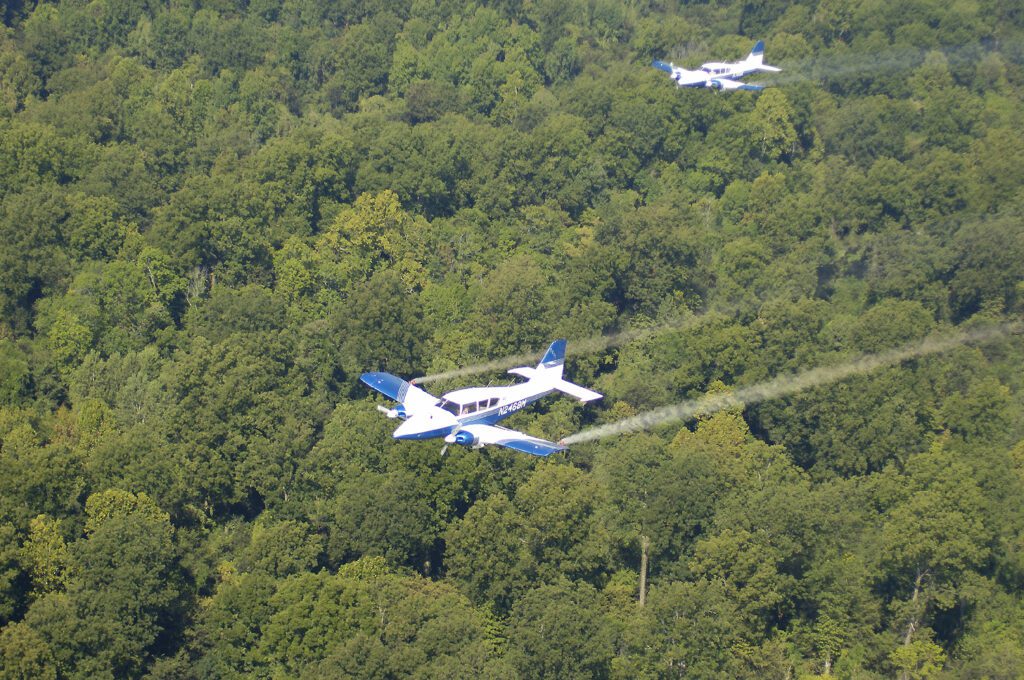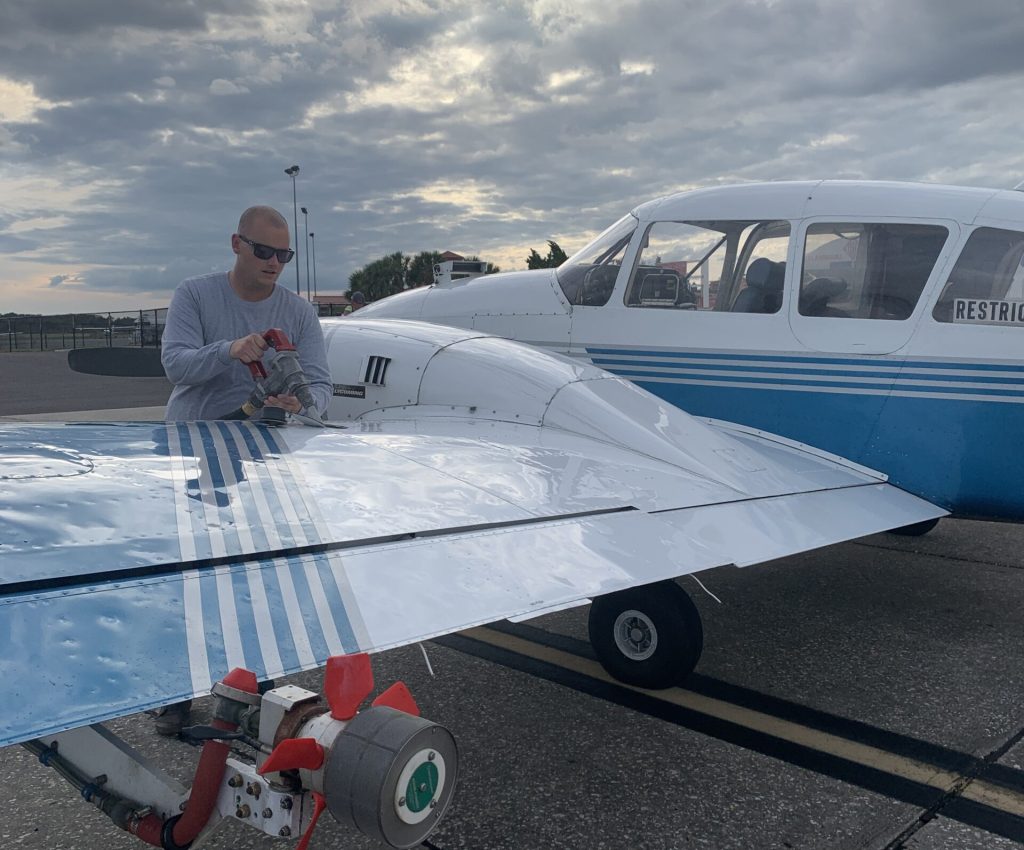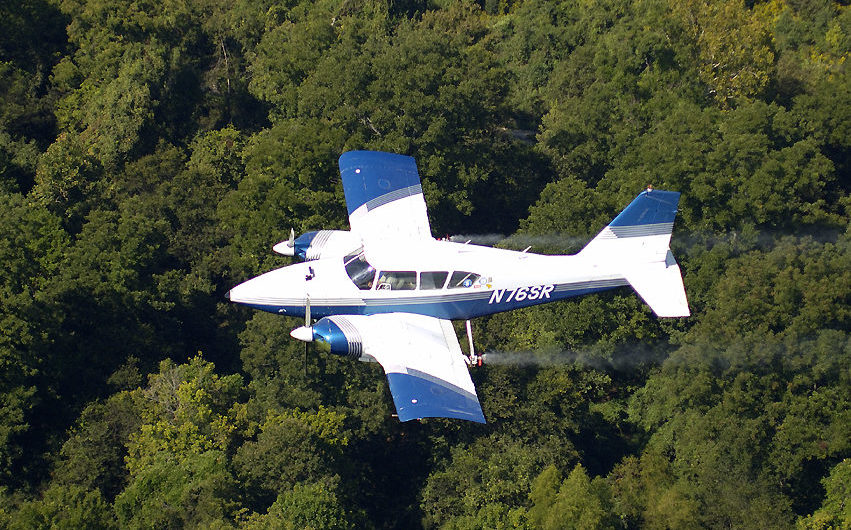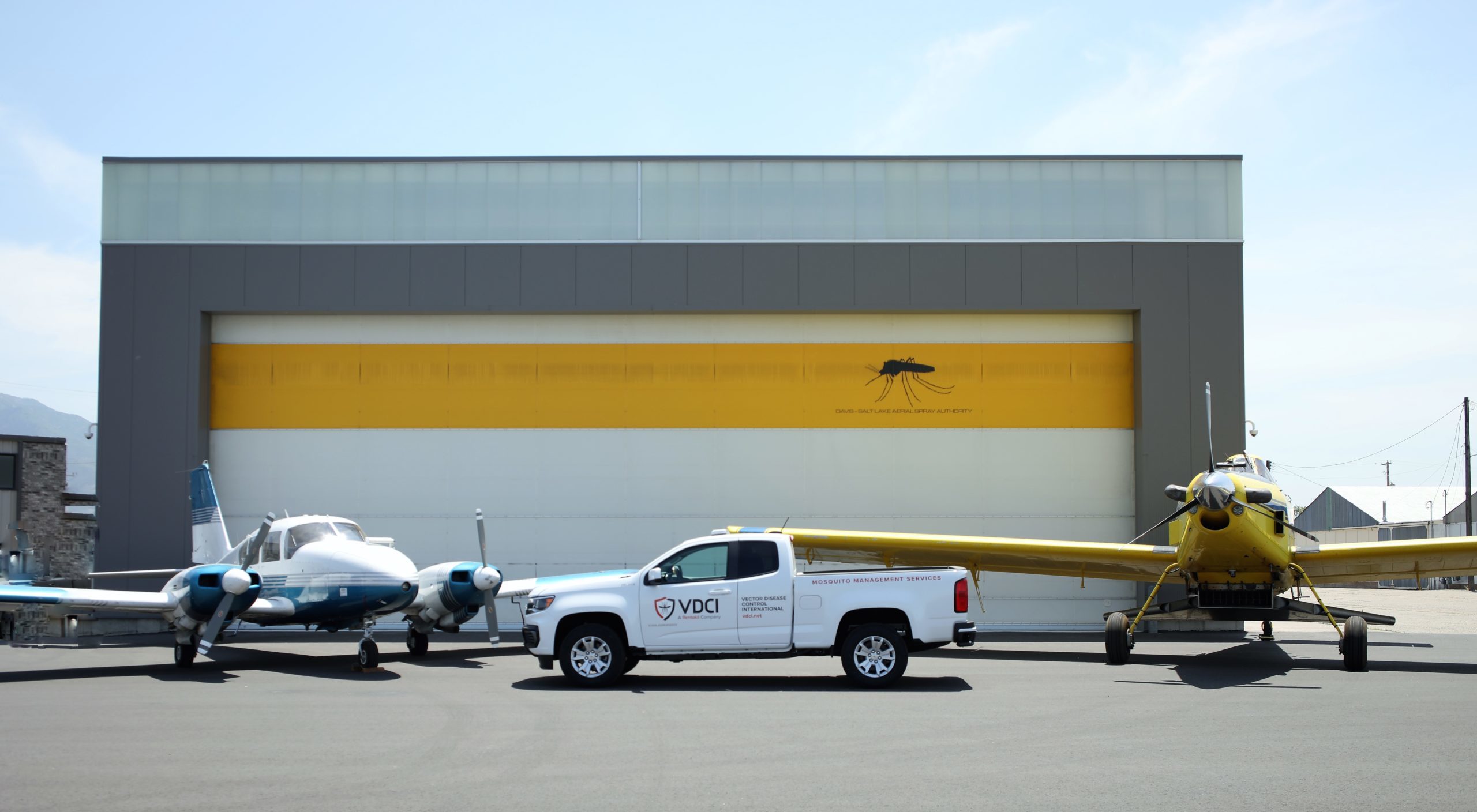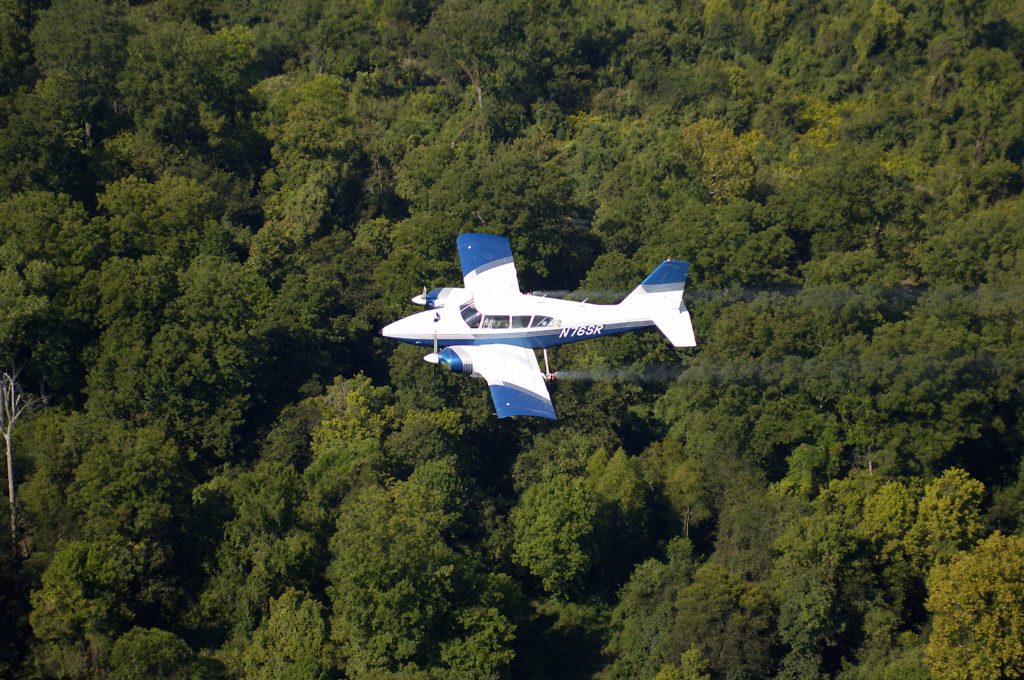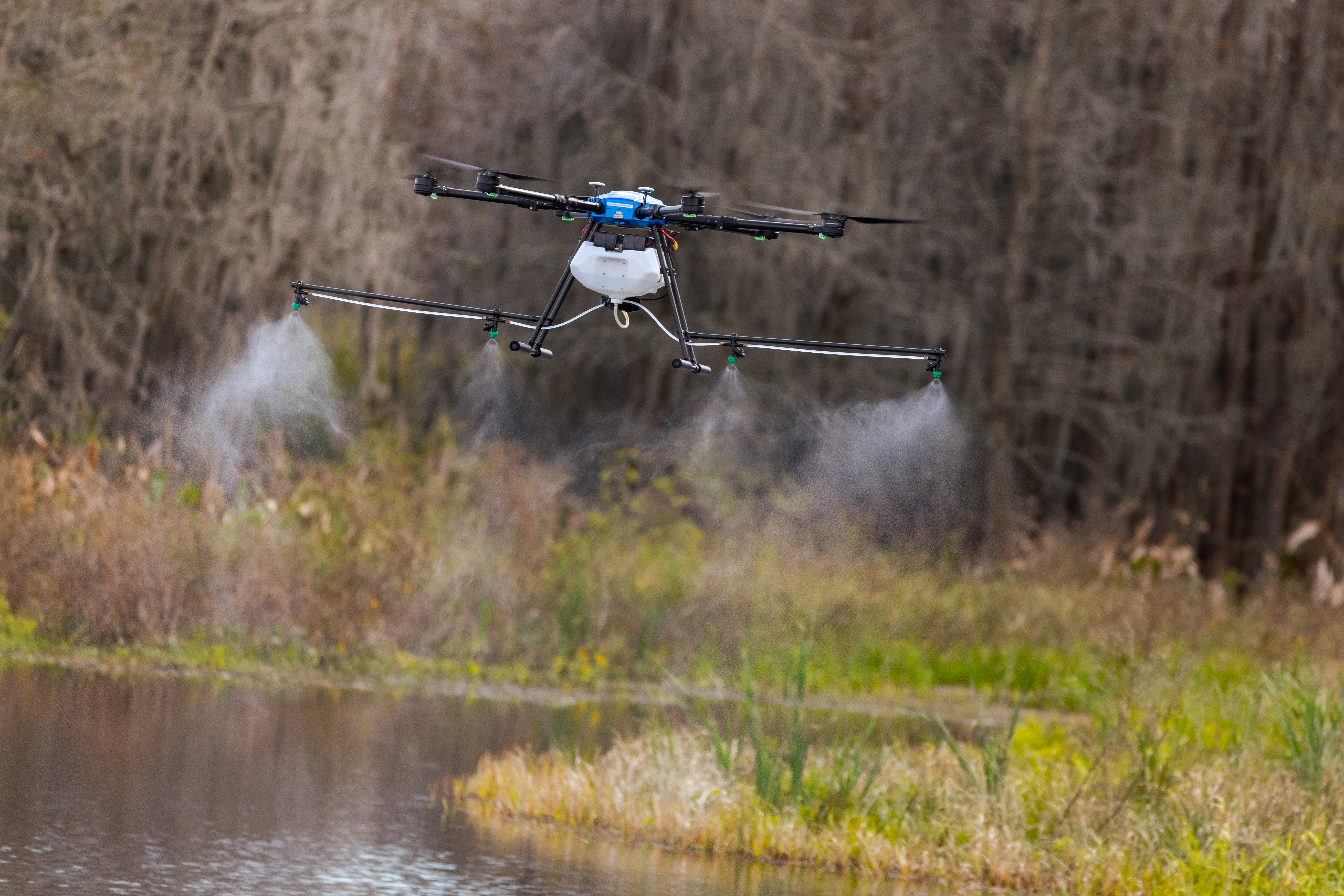Are Mosquito Control Pesticides Safe?
Pesticides are vital tools for the management of disease-carrying mosquitoes. Climate change, urban development, and severe weather events are making the world more hospitable to mosquitoes that spread West Nile virus, Zika, Eastern Equine Encephalitis, Dengue, and other deadly diseases. Though proactive management is essential for the protection of our communities, pesticides are an important component of an integrated mosquito management program. Understanding how pesticides are developed and incorporated into mosquito management programs is key to ensuring they work safely and effectively in our times of greatest need.
As a mosquito management company with a mission to protect public health, VDCI only uses pesticides that meet all federal guidelines and are registered with the Environmental Protection Agency (EPA) and state agencies for that specific purpose. The process of developing and registering a pesticide product can be lengthy and complex, but helps ensure that products work as intended without unreasonable adverse effects on humans or the environment, including endangered species, non-target insects, plants, ground water, and the food supply.
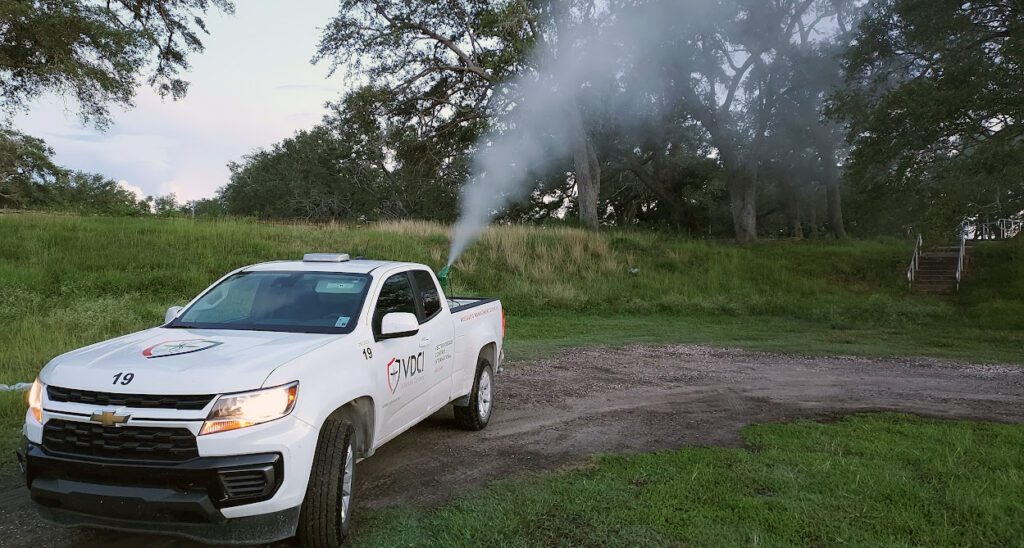
Before a pesticide can be registered for public health purposes, it must undergo extensive testing to determine its safety and effectiveness in controlling mosquitoes. This research is typically conducted by the manufacturer or a third-party testing facility and can take several years to complete. All information pertaining to the pesticide, its chemical composition, proposed use, and safety data is evaluated by the EPA to identify the product’s benefits and potential risks:
- Aggregate risks – through food, water, and residential uses
- Cumulative risks – from different pesticides with the same effects
- Occupational risks – to those applying the product during their work
As part of this process, additional testing or data collection may be required. Once the pesticide has been deemed safe and effective for mosquito control, it will be published in the Federal Register and issued a label number with precise specifications and precautions for product use. The EPA will continue to monitor its impact and performance through periodic reviews and inspections. If any safety concerns arise, the pLEARroduct’s registration may be revoked, or it may require additional labeling or testing.
Following label guidelines is a crucial aspect of pesticide safety. Many of the products used in mosquito control can only be applied by licensed professionals with the appropriate training and equipment, such as ULV (ultra-low volume) sprayers, aircraft, or GPS-guided drones. These technologies help optimize pesticide use, allowing for just one ounce of product per acre to be applied. Experts also have access to multiple pesticide products, each of which contain different active ingredients and may require unique application methods or frequencies, so understanding label specifications and taking into account proper timing is essential.
Government leaders are tasked with the challenging job of protecting the public from nuisance mosquitoes as well as the threat of disease transmission, but sometimes citizens have reservations about the use of pesticides in their communities. VDCI strives to minimize product applications by incorporating a variety of safe, environmentally responsible techniques under one program.
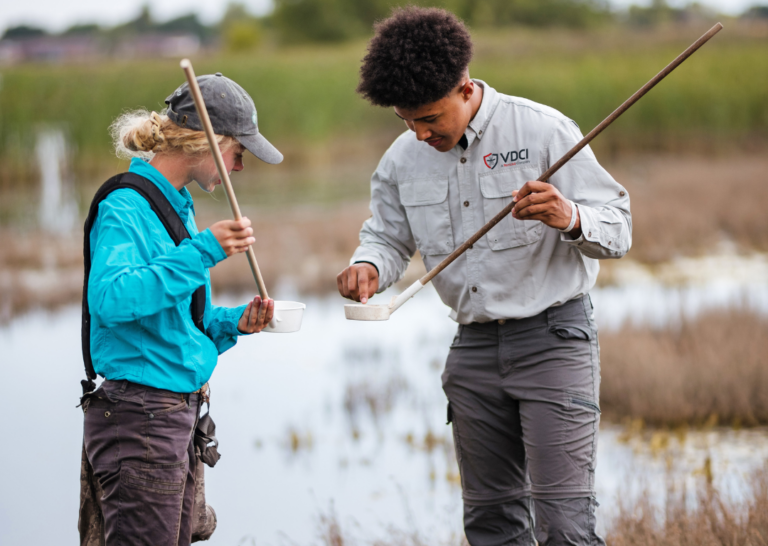
Laws and regulations around pesticide use are incredibly stringent, and VDCI is committed to driving new techniques and innovations that make pesticide applications even more safe, efficient, and long-lasting. Though mosquitoes are a problem that will not be solved any time soon, government leaders and their community members can rest assured that their safety is the foremost priority of an IMM program.
Through an integrated approach, professionals work to identify and removing mosquito breeding habitats, target mosquitoes at the larval stage, and continually monitor for the presence of disease. Pesticides are only used when pre-determined disease or population thresholds are met.
Safety is at the center of everything we do, which is why public education also remains a central pillar of Integrated Mosquito Management (IMM) programs. When government leaders choose to partner with a mosquito control company focused on protecting public health, they ensure their community members have access to the latest mosquito management resources for mosquito prevention and personal protection from mosquito-borne diseases. VDCI regularly collaborates with health departments, mosquito abatement districts, schools, libraries, and other public organizations to disseminate pertinent information, including real-time updates about mosquito dynamics and scheduled treatments in the local area.
Contact Us to Learn More About Effective Mosquito Management Strategies:
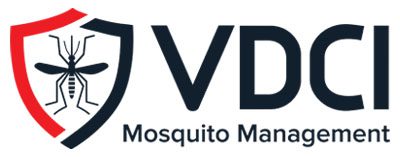 Since 1992, Vector Disease Control International (VDCI) has taken pride in providing municipalities, mosquito abatement districts, industrial sites, planned communities, homeowners associations, and golf courses with the tools they need to run effective mosquito control programs. We are determined to protect the public health of the communities in which we operate. Our mosquito control professionals have over 100 years of combined experience in the field of public health, specifically vector disease control. We strive to provide the most effective and scientifically sound mosquito surveillance and control programs possible based on an Integrated Mosquito Management approach recommended by the American Mosquito Control Association (AMCA) and Centers for Disease Control and Prevention (CDC). VDCI is the only company in the country that can manage all aspects of an integrated mosquito management program, from surveillance to disease testing to aerial application in emergency situations.
Since 1992, Vector Disease Control International (VDCI) has taken pride in providing municipalities, mosquito abatement districts, industrial sites, planned communities, homeowners associations, and golf courses with the tools they need to run effective mosquito control programs. We are determined to protect the public health of the communities in which we operate. Our mosquito control professionals have over 100 years of combined experience in the field of public health, specifically vector disease control. We strive to provide the most effective and scientifically sound mosquito surveillance and control programs possible based on an Integrated Mosquito Management approach recommended by the American Mosquito Control Association (AMCA) and Centers for Disease Control and Prevention (CDC). VDCI is the only company in the country that can manage all aspects of an integrated mosquito management program, from surveillance to disease testing to aerial application in emergency situations.



